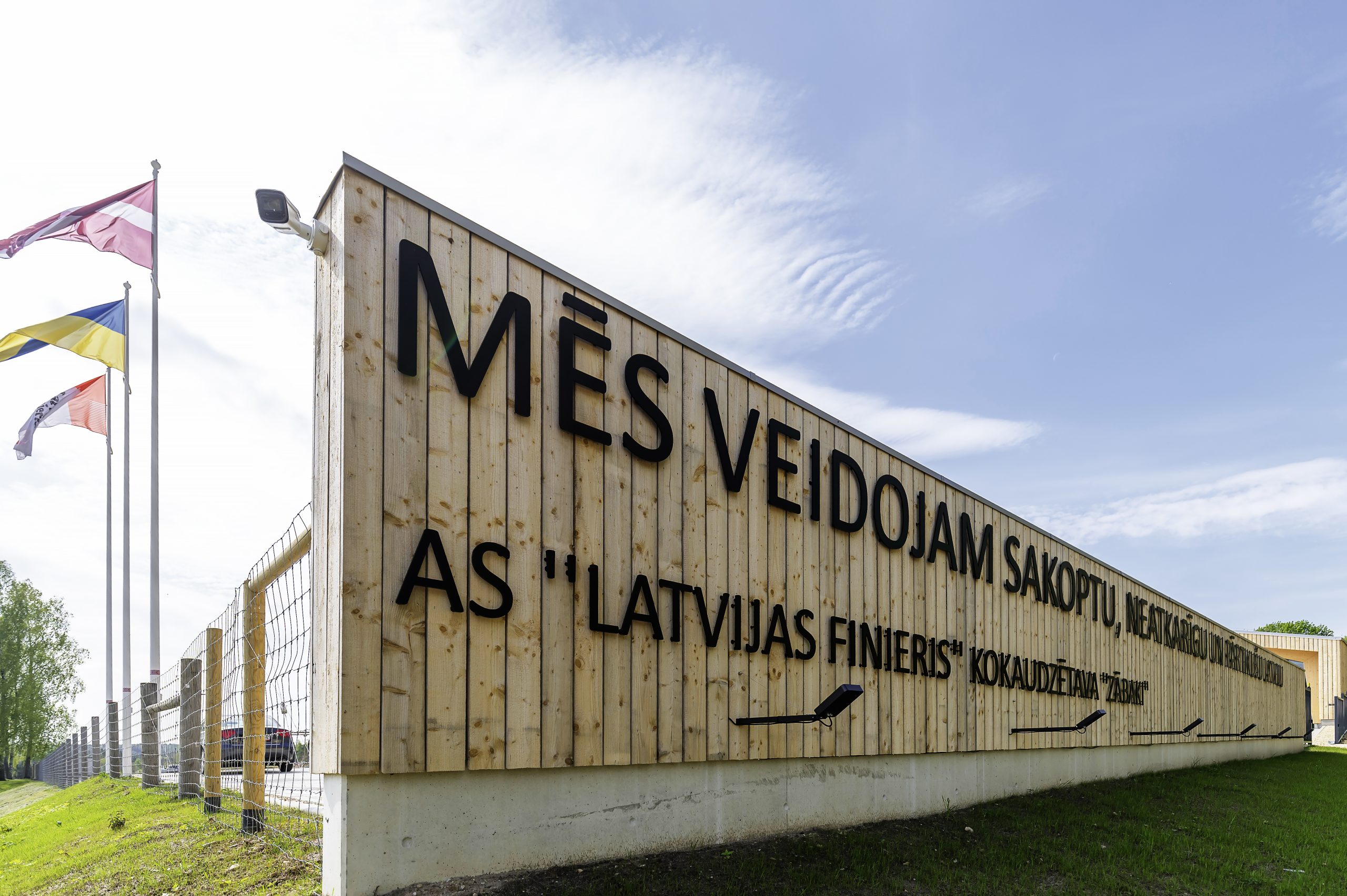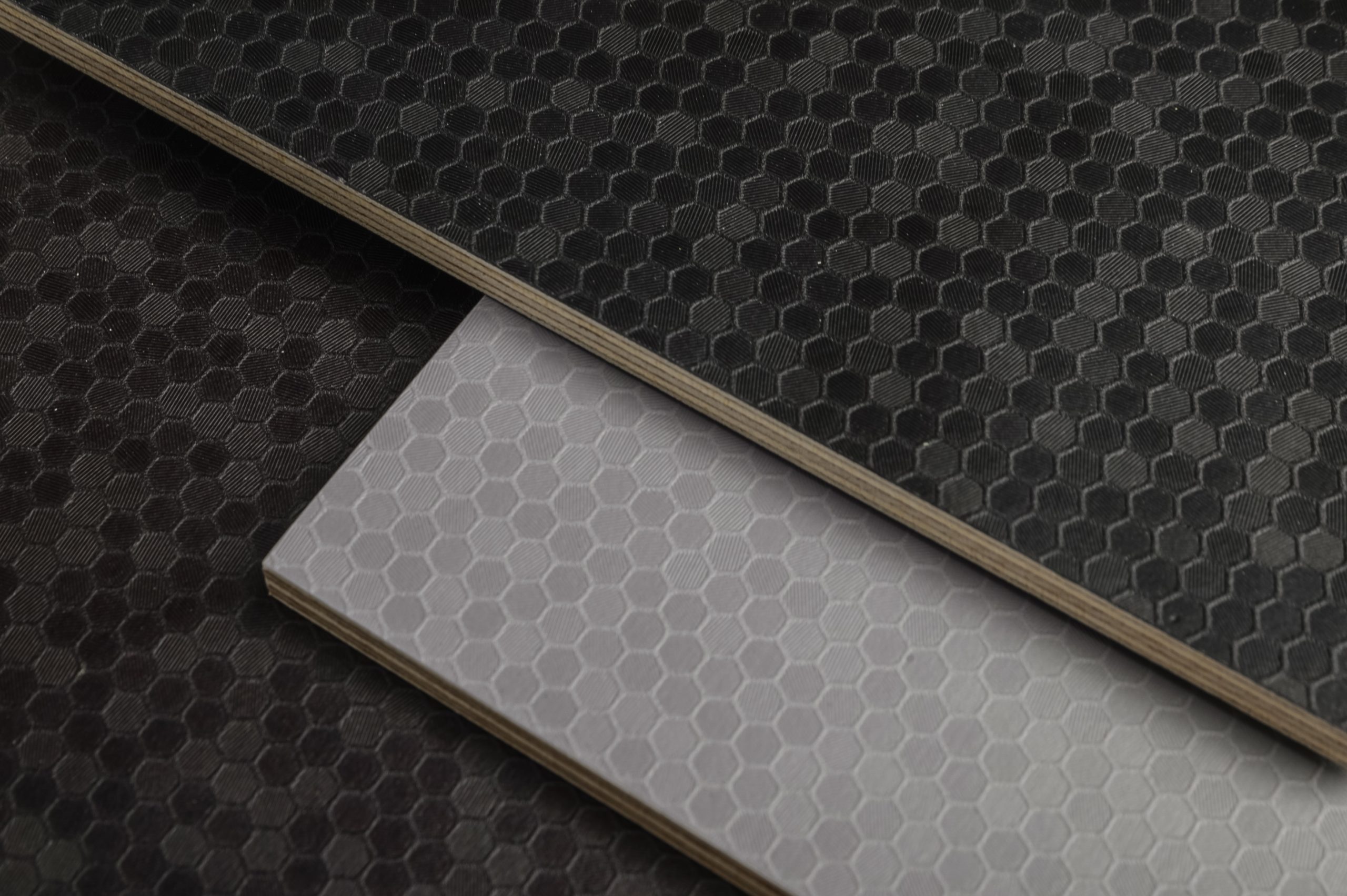Illegal import of plywood into Europe — threats, consequences and solutions
26.02.2025
The unauthorised entry of Russian and Belarusian timber into the European Union (EU) poses a significant issue, disrupting the market while also weakening European legal principles and the impact of international sanctions. An investigation by the British investigative journalism platform Earthsight revealed that smuggled timber, worth € 1.5 billion, follows well-organised entry routes that circumvent EU sanctions on Russia.
Sanctions evasion and its consequences
Trade in Russian timber has fallen fivefold since the introduction of sanctions, but has not stopped, rather — it has changed form. For example, Russian exports of birch plywood are now often disguised as exports from third countries where the timber itself is not even harvested. These include Egypt, where birch trees do not grow, or Kazakhstan and Turkey, which have become one of the biggest “exporters” of birch plywood since the sanctions were imposed. Additionally, significant amounts of illegal timber enter the EU through Uzbekistan, Georgia and China, where the products are re-labelled to conceal their actual origin. Some of producers claim using EU raw materials, but export statistics of relevant items simply does not match imported plywood in volume.
Illegal timber disrupts fair competition, drives price dumping in the European market, and directly funds Russia’s war efforts. Timber is one of the most important sectors of the Russian economy, contributing significantly to the country’s national budget. Many of Russia’s forested areas have direct links to the military sector, and illegal trade thus only strengthens the economic stability of the aggressor.
What actions have Latvijas Finieris and the Latvian authorities taken?
AS Latvijas Finieris has been working closely with international institutions for several years to combat the illegal timber trade in Europe. We are working closely with the European Commission, the European Panel Federation and the Latvian authorities to monitor the market and detect potential sanctions evasion.
On a daily basis, our teams analyse market statistics and information on the origin of timber. As a result, the Latvian authorities took significant measures in 2024 to reduce imports of illegal plywood in Latvia by a factor of 30 compared to the previous year. The main issue now is other EU countries, such as Greece and Portugal, which continue to serve as entry points for illegal products into the EU market. These are countries where, according to Eurostat, there are no significant plywood industries and consumers.
Action by the European Commission
The approach of the EU to tackling illegal plywood has so far been relatively reactive and active. The most effective measure so far has been the anti-dumping regulations, which have made importing birch plywood from Turkey and Kazakhstan more difficult since May 2024. In October 2024, European Commission initiated an anti-dumping investigation concerning imports of hardwood plywood from China. This is a significant step and may reveal flows of illegal timber. In any case stricter regulations and more effective mechanisms are necessary to prevent third countries from being used to evade sanctions on member state level. Earthsight has submitted evidence to the European authorities calling for the sanctions on timber to be strengthened and extended to products made from Russian timber in other countries. Finland has closed its land border with Russia and several investigations have been launched in Poland.
Although many EU countries have strengthened controls and implemented additional measures to prevent illegal plywood imports, some nations within the European Economic Community remain weak points in the system.
How should buyers and industry get involved?
Industry and end-consumers play a key role in the effectiveness of sanctions. In recent years, we have often seen situations where unscrupulous traders offer sanctioned Russian plywood products on the internet, via emails and in-person visits, at an unreasonably low price. Some take part in various exhibitions where they brazenly provide misleading information about the origin of the wood, as evidenced by the results of laboratory tests on samples. In most cases, these goods are delivered with altered labels and forged documents to hide their origin.
We urge all industry stakeholders and consumers to report suspicious offers and collaborate with the relevant authorities — such as customs administrations, FSC wood certification bodies and other controlling instances. Only by working together can we prevent illegal timber from continuing to flow into the European market and financing Russian military activities.
If the origin of EU raw materials is claimed, we advise checking relevant export statistics or conducting additional due diligence with local partners and authorities.
Tackling illegal plywood is not just an economic issue — it is also a question of security and political stability in Europe. This is a battle that must involve everyone — producers, traders, legislators, and consumers.











